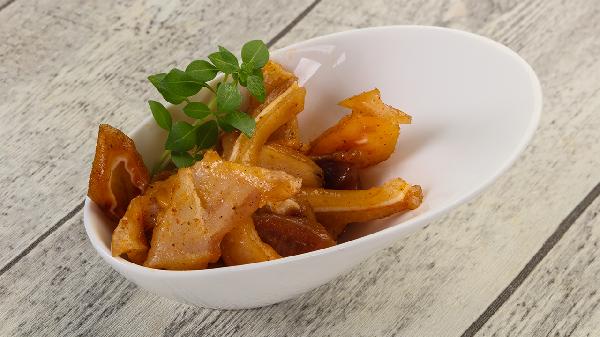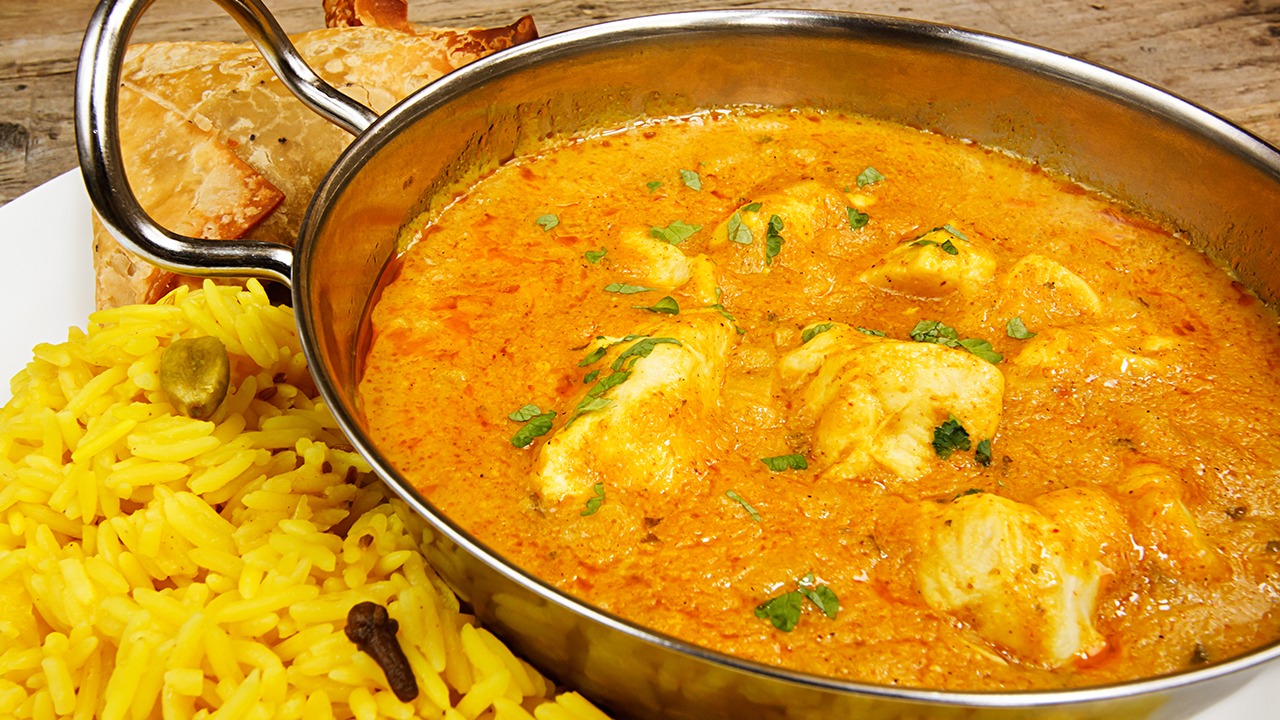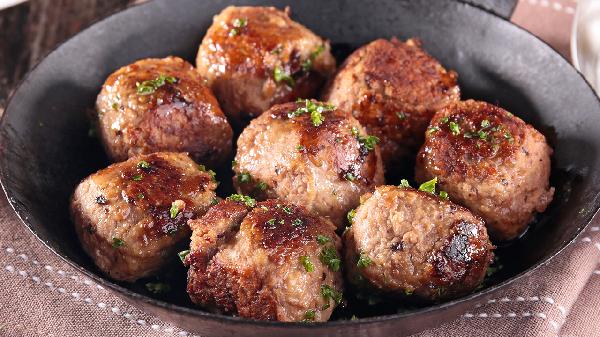When it comes to pickles, the debate between dill and sweet isn't just about taste—it's about which one brings more to the table for your health. The short answer? Dill pickles generally edge out sweet pickles in the nutrition department, but there's more to the story than just a simple win-lose scenario. Both types have their perks, and the best choice depends on what you're looking to get out of your crunchy, briny snack.

Dill pickles are the classic fermented cucumber soaked in a brine of vinegar, water, salt, and—you guessed it—dill. The fermentation process gives them a tangy punch and a probiotic boost that sweet pickles just can't match. Probiotics are the good bacteria that support gut health, helping with digestion and even immune function. Plus, dill pickles are typically lower in sugar since they skip the syrupy sweetness of their sugary counterparts. That makes them a better pick for anyone watching their sugar intake, whether for blood sugar management or just cutting back on empty calories.
Sweet pickles might get a bad rap for their sugar content, but they’re not completely without merit. The sweetness usually comes from added sugar or honey, but they still retain some of the benefits of cucumbers, like vitamin K and a small dose of antioxidants. Some varieties, like bread-and-butter pickles, also include spices like turmeric and mustard seeds, which add anti-inflammatory properties. That said, if you're going sweet, moderation is key—too much added sugar can outweigh the benefits.
Not all pickles are created equal, and the way they're made plays a big role in their health perks. Traditional dill pickles are often fermented, meaning they undergo a natural process where bacteria break down sugars into lactic acid, preserving the cucumbers and creating probiotics. Sweet pickles, on the other hand, are usually "quick-pickled," meaning they're soaked in a vinegar solution with sugar but don’t get that probiotic boost. If gut health is your priority, fermented dill pickles are the clear winner.
Both dill and sweet pickles can be high in sodium due to the brining process, but dill varieties often pack a saltier punch. While sodium is essential for fluid balance and nerve function, too much can lead to bloating and high blood pressure in salt-sensitive folks. If sodium is a concern, look for low-sodium versions or enjoy pickles in smaller portions. Sweet pickles sometimes have slightly less salt, but the trade-off is that extra sugar, so it’s a balancing act.
If you're keto, low-carb, or just trying to eat cleaner, dill pickles are usually the better bet—less sugar, more probiotics, and that satisfying sour kick. But if you've got a sweet tooth and want a little flavor variety, sweet pickles can still have a place in your diet as long as you keep an eye on portions. And if you really can't decide? Mix it up! Both types bring something different to the table, and variety is never a bad thing when it comes to eating well.
At the end of the day, whether you're team dill or team sweet, pickles are a low-calorie, flavorful way to add some zest to meals. Just read those labels, watch the sodium and sugar, and crunch away knowing you're making a choice that suits your health goals.
























